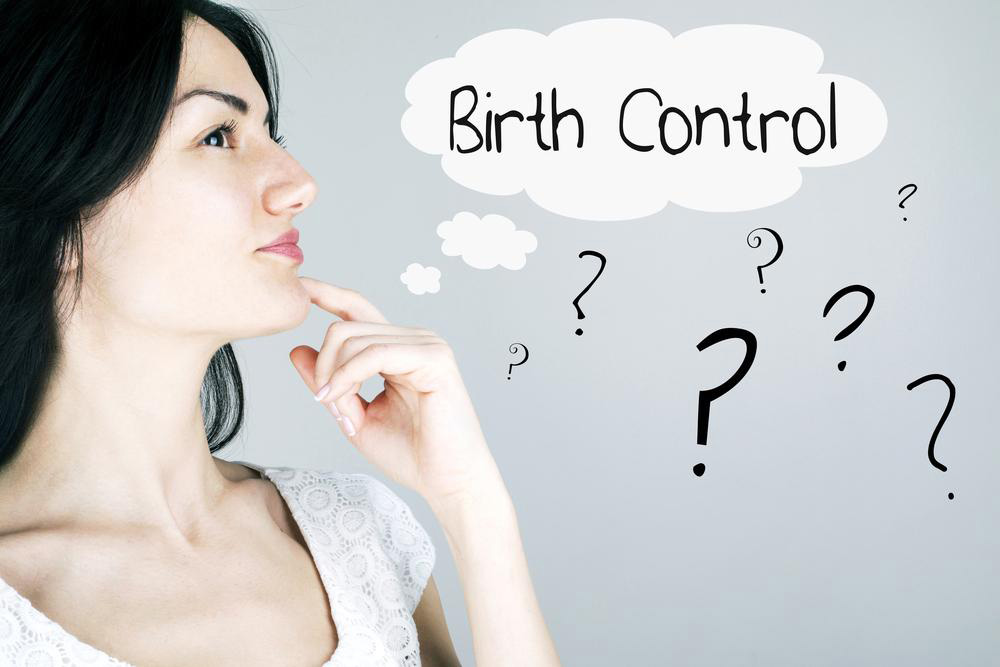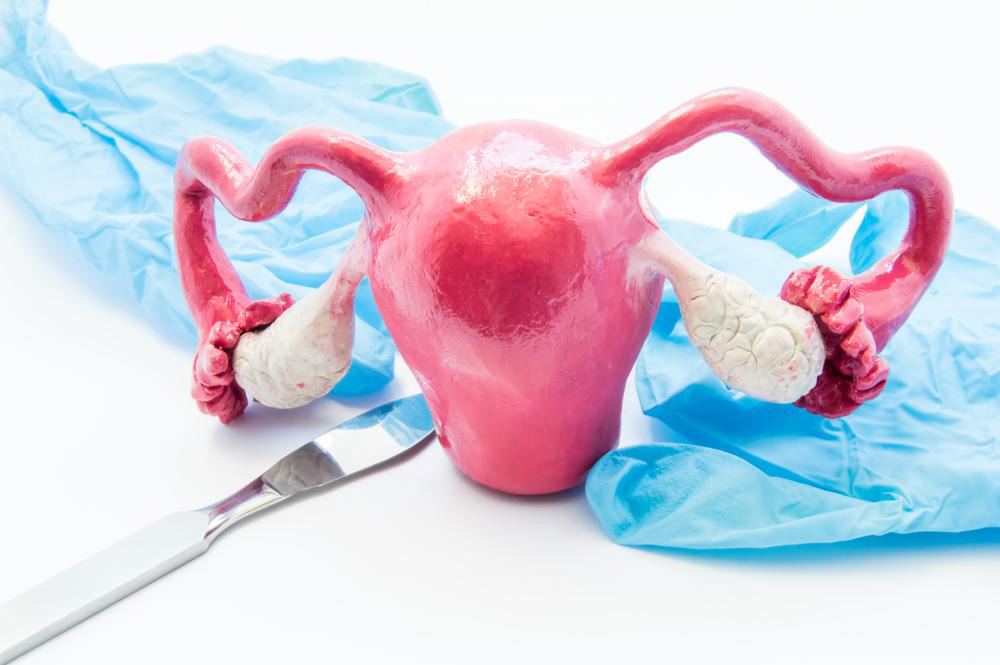Comprehensive Guide to Myths and Facts About Contraceptive Pills
This comprehensive article clarifies common myths about contraceptive pills, including effects on weight, usage habits, and fertility. It provides scientific facts and medical advice, helping women make informed decisions about their reproductive health. The article emphasizes the safety, efficacy, and proper use of birth control pills, addressing misconceptions that have persisted for decades, and encouraging regular consultation with healthcare providers to ensure optimal health outcomes.

Comprehensive Guide to Myths and Facts About Contraceptive Pills
Clarifying common misconceptions about birth control pills
Since their introduction and approval in the 1960s, contraceptive pills have revolutionized reproductive health for women worldwide. Over the decades, they have undergone extensive clinical studies and research, solidifying their efficacy and safety. Despite their widespread use and the wealth of scientific data supporting them, numerous myths and misunderstandings continue to circulate among women and the general public. These misconceptions can lead to confusion, unnecessary worries, or improper use of contraceptives. This comprehensive article aims to address, clarify, and dispel some of the most prevalent myths surrounding birth control pills, providing accurate information to help women make informed choices about their reproductive health.
Myth 1: Birth control pills cause significant weight gain
One of the most persistent myths is that taking contraceptive pills will lead to considerable weight gain. Many women fear that hormonal contraceptives will cause their bodies to bloat or retain water, resulting in unwanted weight increases. However, scientific studies and clinical trials over the years have shown that this is largely a misconception. The minor fluctuations in weight some women might experience are generally temporary and not directly attributable to the pill itself. The estrogen component of birth control pills can sometimes cause water retention or bloating, which might be mistaken for weight gain. Similarly, progestin, another hormonal component, can slightly increase appetite in some women, leading to minor changes in eating habits. To mitigate these effects, maintaining a balanced diet, staying physically active, and monitoring overall lifestyle can help manage minor weight fluctuations. It's important to recognize that typical weight gain during the 20s and 30s is often linked to lifestyle factors, aging, or other health issues, not contraceptives.
Myth 2: Hormonal contraceptives need to be taken intermittently
Another widespread misconception is that women need to take breaks or skip pills periodically to prevent health risks. Many believe that continuous use of hormonal contraceptives might lead to adverse effects or that the body needs a break from hormones. In reality, for most healthy women, there is no medical necessity to take pill-free breaks or to skip doses unless advised by a healthcare professional. Many women opt for continuous or extended-cycle use to reduce the frequency of periods or for convenience. Recent medical guidelines support the safe use of birth control pills without interruptions, provided they are used as prescribed. However, it’s essential to have regular check-ups with a healthcare provider, especially after age 35, to review contraceptive needs and detect any potential health issues early. In some cases, doctors may recommend scheduled breaks, but this is usually for specific medical reasons rather than general necessity.
Myth 3: Long-term use of the pill impacts fertility
A common concern among women contemplating or already on contraceptive pills is the fear that prolonged use might harm future fertility. Scientific evidence overwhelmingly indicates that long-term use of birth control pills does not cause permanent infertility. The hormones in the pill suppress ovulation temporarily while in use but do not damage ovarian reserve or reproductive organs. Once contraception is discontinued, normal ovulation and fertility typically resume swiftly, often within a few months. Occasionally, underlying health conditions such as polycystic ovary syndrome (PCOS), endometriosis, or age-related factors may influence fertility, but these are unrelated to contraceptive use. Many women stop taking the pill later in life when natural fertility declines, leading to misconceptions that the pill caused the decline. Knowing this, women should consult healthcare professionals before starting, stopping, or switching contraceptive methods to ensure safe and effective use, and to address any individual health concerns related to fertility and reproductive health.
In conclusion, understanding the facts about contraceptive pills is crucial for informed decision-making. Dispelling myths helps women select the most suitable contraceptive method, ensures proper use, and reduces unwarranted fears. As with any medication, ongoing consultation with healthcare providers is vital to address individual health needs and adjust treatments as necessary. With correct knowledge and guidance, birth control pills remain a safe, effective, and convenient option for many women worldwide, contributing positively to reproductive well-being and overall health.





